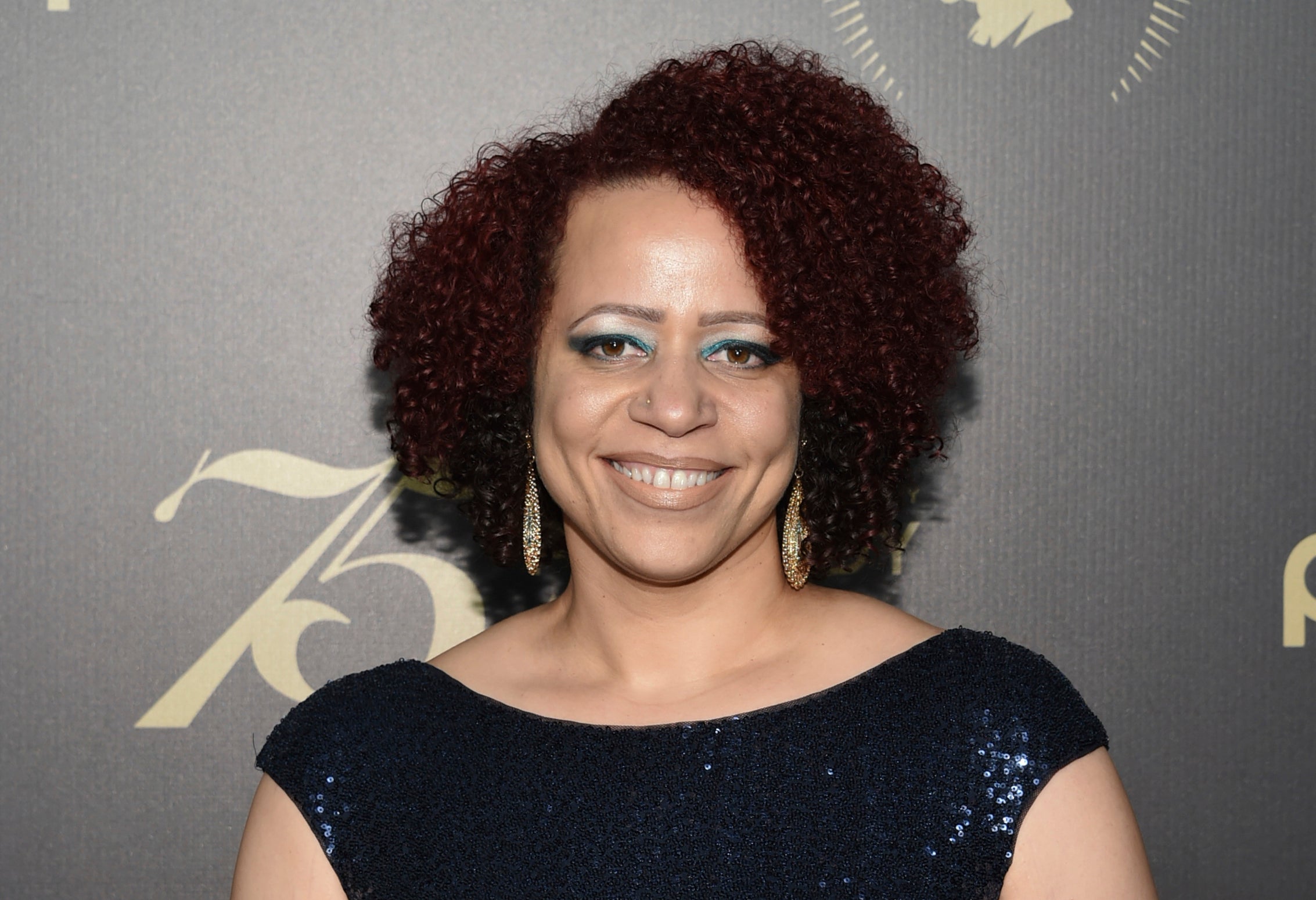Foundation urges UNC to rethink Hannah-Jones tenure decision
The foundation that funds the University of North Carolina professorship offered to investigative journalist Nikole Hannah-Jones is urging the university to reverse its decision to deny her tenure

Your support helps us to tell the story
From reproductive rights to climate change to Big Tech, The Independent is on the ground when the story is developing. Whether it's investigating the financials of Elon Musk's pro-Trump PAC or producing our latest documentary, 'The A Word', which shines a light on the American women fighting for reproductive rights, we know how important it is to parse out the facts from the messaging.
At such a critical moment in US history, we need reporters on the ground. Your donation allows us to keep sending journalists to speak to both sides of the story.
The Independent is trusted by Americans across the entire political spectrum. And unlike many other quality news outlets, we choose not to lock Americans out of our reporting and analysis with paywalls. We believe quality journalism should be available to everyone, paid for by those who can afford it.
Your support makes all the difference.The foundation that funds the University of North Carolina professorship offered to investigative journalist Nikole Hannah-Jones is urging the university to reconsider its decision to deny her tenure.
Hannah-Jones won the Pulitzer Prize for her work on The 1619 Project for The New York Times Magazine. Some conservatives have complained about the project, which focuses on the country’s history of slavery.
The Knight Foundation's president, Alberto Ibargüen, issued a statement noting that while the foundation respects the independence of the universities where it endows chairs, he hopes UNC will reconsider its decision to offer Hannah-Jones a contract position instead of tenure. The statement notes that the foundation does not play a direct role in the appointments of individuals to the chairs it endows.
“It is not our place to tell UNC or UNC/Hussman who they should appoint or give tenure to,” Ibargüen said. “It is, however, clear to us that Hannah-Jones is eminently qualified for the appointment and would urge the trustees of the University of North Carolina to reconsider their decision within the timeframe of our agreement.”
Hannah-Jones accepted the Knight Chair in Race and Investigative Journalism at the Chapel Hill campus, the school announced last month.
Hannah-Jones was not offered a tenured position, according to the journalism school’s dean, Susan King, who supported her tenure application. Others who held Knight chairs at the journalism school before Hannah-Jones were granted tenure and full professorships, according to a statement signed by faculty members upset with the decision. The foundation said it established the chaired professorship in 1984 with a focus on advertising that was later changed to its current subject matter.
The university changed its plan to appoint Hannah-Jones to a tenured position and instead offered a five-year term with an option for review at the end of that time, NC Policy Watch reported.
King told The Raleigh News & Observer that she was informed that the university's board of trustees, who have final say on tenure, did not want to grant it to someone who came from a background outside of academia.
The newspaper reported that more than three-dozen protesters gathered outside of a board of trustees meeting Thursday in Chapel Hill to protest the tenure decision.
The 1619 Project is an initiative of The New York Times Magazine that began in August 2019, the 400th anniversary of the beginning of American slavery. The magazine describes the project as one which is designed to reframe the country’s history by placing the consequences of slavery and the contributions of Black Americans “at the very center of our national narrative.”
The project was converted into a popular podcast. Materials were developed for schools to use and The Pulitzer Center partnered with the Times to develop 1619 Project lesson plans. However, objections to The 1619 Project have morphed into legislative efforts to prevent its presentation in public schools.